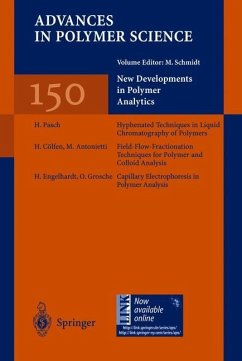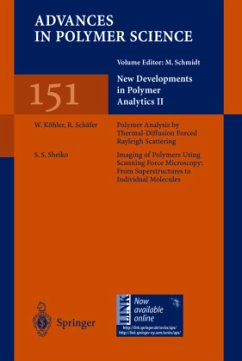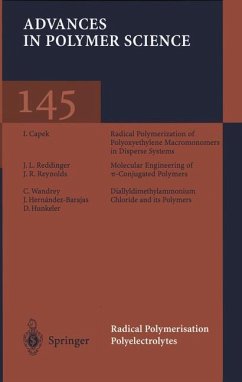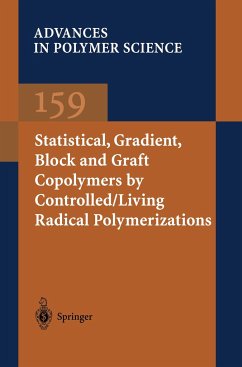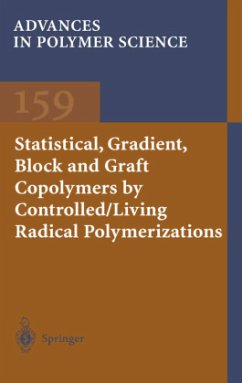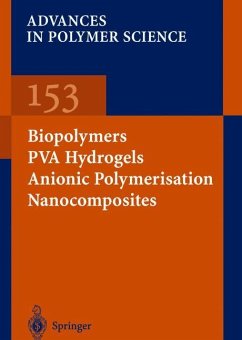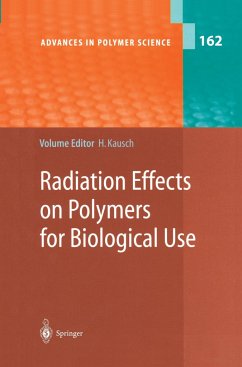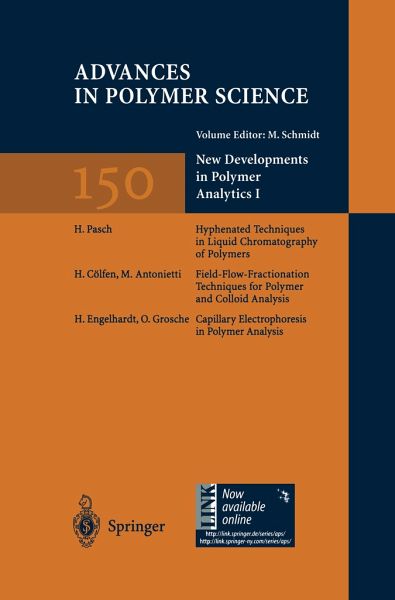
New Developments in Polymer Analytics I
Versandkostenfrei!
Versandfertig in 6-10 Tagen
151,99 €
inkl. MwSt.

PAYBACK Punkte
76 °P sammeln!
The two volumes "New Developments in Polymer Analytics" deal with recent progress in the characterization of polymers, mostly in solution but also at sur faces. Despite the fact that almost all of the described techniques are getting on in years, the contributions are expected to meet the readers interest because either the methods are newly applied to polymers or the instrumentation has achieved a major breakthrough leading to an enhanced utilization by polymer scientists. The first volume concentrates on separation techniques. H. Pasch summarizes the recent successes of multi dimensional chr...
The two volumes "New Developments in Polymer Analytics" deal with recent progress in the characterization of polymers, mostly in solution but also at sur faces. Despite the fact that almost all of the described techniques are getting on in years, the contributions are expected to meet the readers interest because either the methods are newly applied to polymers or the instrumentation has achieved a major breakthrough leading to an enhanced utilization by polymer scientists. The first volume concentrates on separation techniques. H. Pasch summarizes the recent successes of multi dimensional chromatography in the characteriza tion of copolymers. Both, chain length distribution and the compositional het erogeneity of copolymers are accessible. Capillary electrophoresis is widely and successfully utilized for the characterization of biopolymers, particular of DNA . It is only recently that the technique has been applied to the characterization of water soluble synthetic macromolecules. This contribution of Grosche and Engelhardt focuses on the analysis of polyelectrolytes by capillary electophore sis. The last contribution of the first volume by Coelfen and Antonietti summa rizes the achievements and pitfalls of field flow fractionation techniques .The major drawbacks in the instrumentation have been overcome in recent years and the "triple F techniques" are currently advancing to a powerful competitor to size exclusion chromatography.



